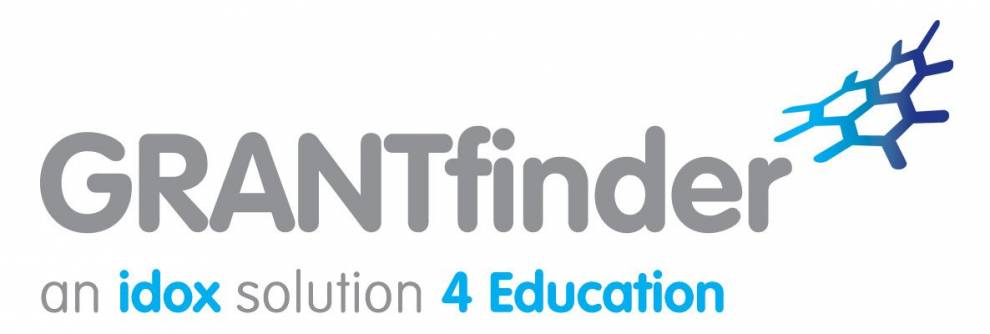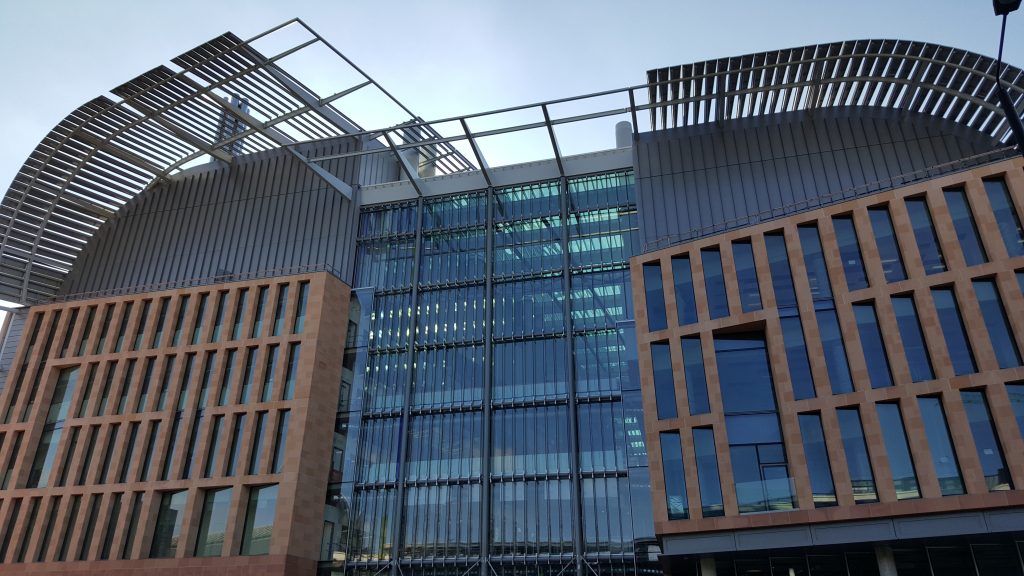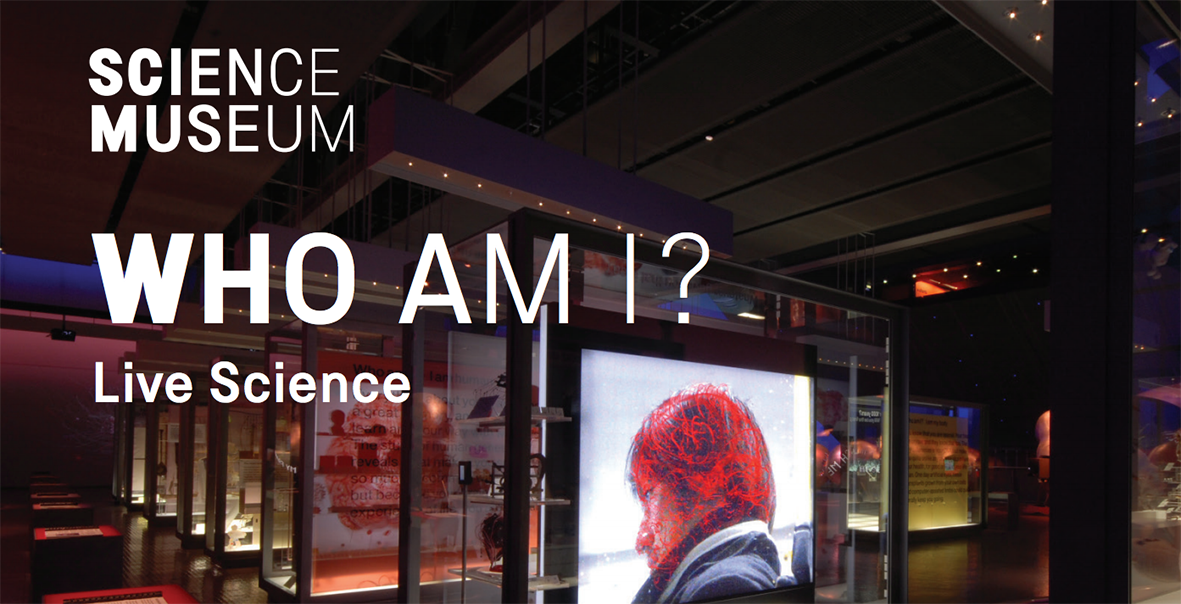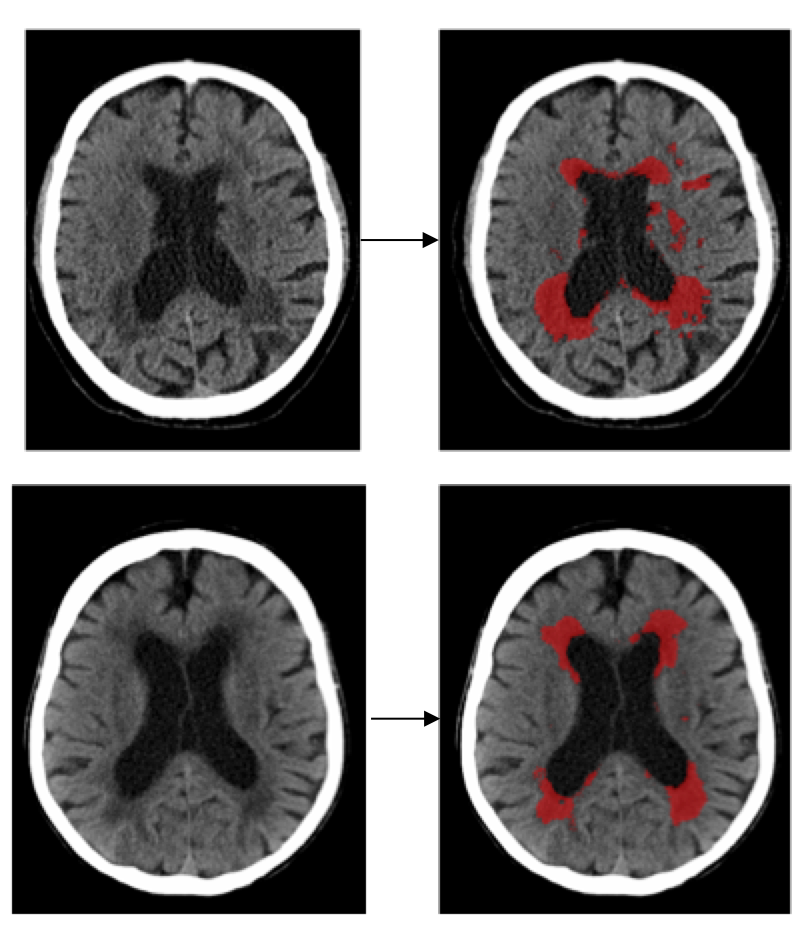
The College no longer subscribes to Research Professional and has moved to a new provider for research funding information, called Idox GRANTfinder 4 Education, offering a searchable database of funding opportunities and the option to subscribe to alerts.
GRANTfinder 4 Education allows academic institutions in the UK to service all their funding search requirements in one place: GRANTfinder for wider projects such as capital investment and spin-offs, RESEARCHconnect for research projects and POLICYfinder to keep track of relevant policy to support funding applications. This resource offers the ability to search for up-to-date funding opportunities and share information across defined groups and the wider communities at Imperial College and to deliver these in a cost-effective manner.
How to use GRANTfinder 4 Education
Information regarding how you can access and effectively use GRANTfinder 4 Education can be found in the Research Office bulletin (12 Nov 2018) and the quick start guide for RESEARCHconnect.
There will be a training session will be on 12 December. Antony McKay from Idox will deliver the training and there will be 3 sessions, all in room SKEM 315. Registration is via Eventbrite. The second session of the day will be tailored for research managers and the other two sessions are open to all College staff. Please register for the session you would like to attend. If you are unable to attend these sessions there will be more scheduled for the early part of 2019. (more…)




